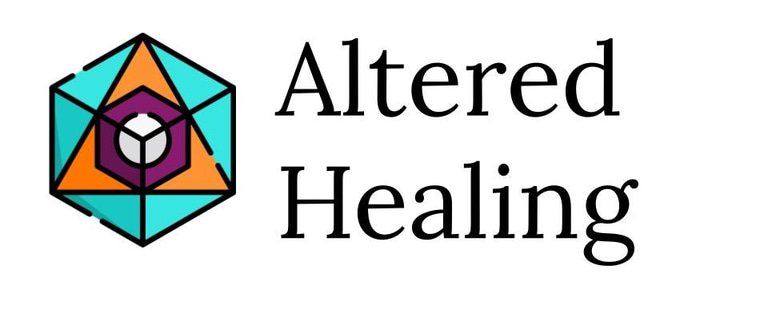An Untold Story of Closure
What closure looks like and what closure feels like are not the same thing.
3/15/20243 min read
We’ve all been there. Imagining a conversation, playing it out in our heads. Waiting for the right time to tell someone exactly how they hurt us, letting them know about the damage they caused. We envision that once we have got it all out we will feel relieved and healed.
Maybe the stars align and the opportunity presents itself, we let this individual or individuals know how their actions impacted us. Then, one of two things may happen. They may not follow the script we had so perfectly planned for. This leaves us struggling to find the words which came so easily while imagining this conversation in our mind. Or, they apologize; they understand the hurt they inflicted and are sorry for the pain that they caused.
In this second case, we should feel relieved. We should feel healed, we should be able to move on but we may still struggle with unresolved emotions. Why?


What closure looks like and what closure feels like are not the same thing. On the outside closure looks like the second scenario: we speak our truth, we are heard, we are understood and everyone can move on. What closure can feel like is an inner peace, groundedness and ultimately being okay with ourselves and ideally the other person. Sometimes closure cannot be reached with an apology because the damage has been done. We have been hurt, we have been let down, maybe we have been neglected. We have learned to be stuck in a world coping with the impact of those experiences.
Many of these unfortunate situations happen when we are children; when we are just learning how to become a person in this multifaceted plane of existence. Our caregivers may not have had the capacity to care for us in the way that we needed. It’s not entirely their fault; if they were never taught healthy coping strategies, how could they have passed them on?
As we grow, we may witness our caregivers struggle with their own identity, anxiety, depression or addiction. We listen to how they speak to themselves, to us, and to others. We internalize it. We learn the world is a scary place, that people are untrustworthy and maybe we start to believe that we are the root of the problem. We have an internal voice that starts to mimic what was modeled for us. “Surely”, whispers the voice, “I am not enough. I don’t deserve to be loved. I am damaged”. These thoughts shape our vision of reality, until one day you wake up and notice how exhausting it is to despise yourself.
This is where psychedelic therapy can work its powerful magic. Being in a non-ordinary state of consciousness opens up the possibility to develop a new perspective and to help us break out of old cycles that may no longer be serving us. Psychedelics allow us to open ourselves to healing in a very deep and meaningful way. Psychedelics can provide us with the opportunity to inspect our past with compassion and to give ourselves the much-needed love and care we did not receive when we needed it the most. This is where healing lies. This is where closure can truly happen.
It is within these spaces where we can change the trajectory of our lives. When we emerge from the negative conditioning that once enveloped us, we are empowered to make the decision of who we are and who we want to be. When we are able to come to terms with our past and accept it with compassion and empathy, we may find that we no longer need apologies from others. Because now we may no longer view them as the people who damaged us, but as other hurt children who were also doing the best they could at the time.
Maybe you have been feeling ready to embark on a new path, to find closure from the past and to break the cycle of pain. There is hope for a more peaceful existence. You no longer need to have the same script going over in your head. Take the chance to write a new chapter, maybe you could even write a whole new story. Schedule a free 20-minute Discover Call to explore if Psychedelic Therapy is right for you.
Contact
info@alteredhealing.com
902 333 7000
Halifax (Kjipuktuk), Nova Scotia (Sipekne'katik), Canada
